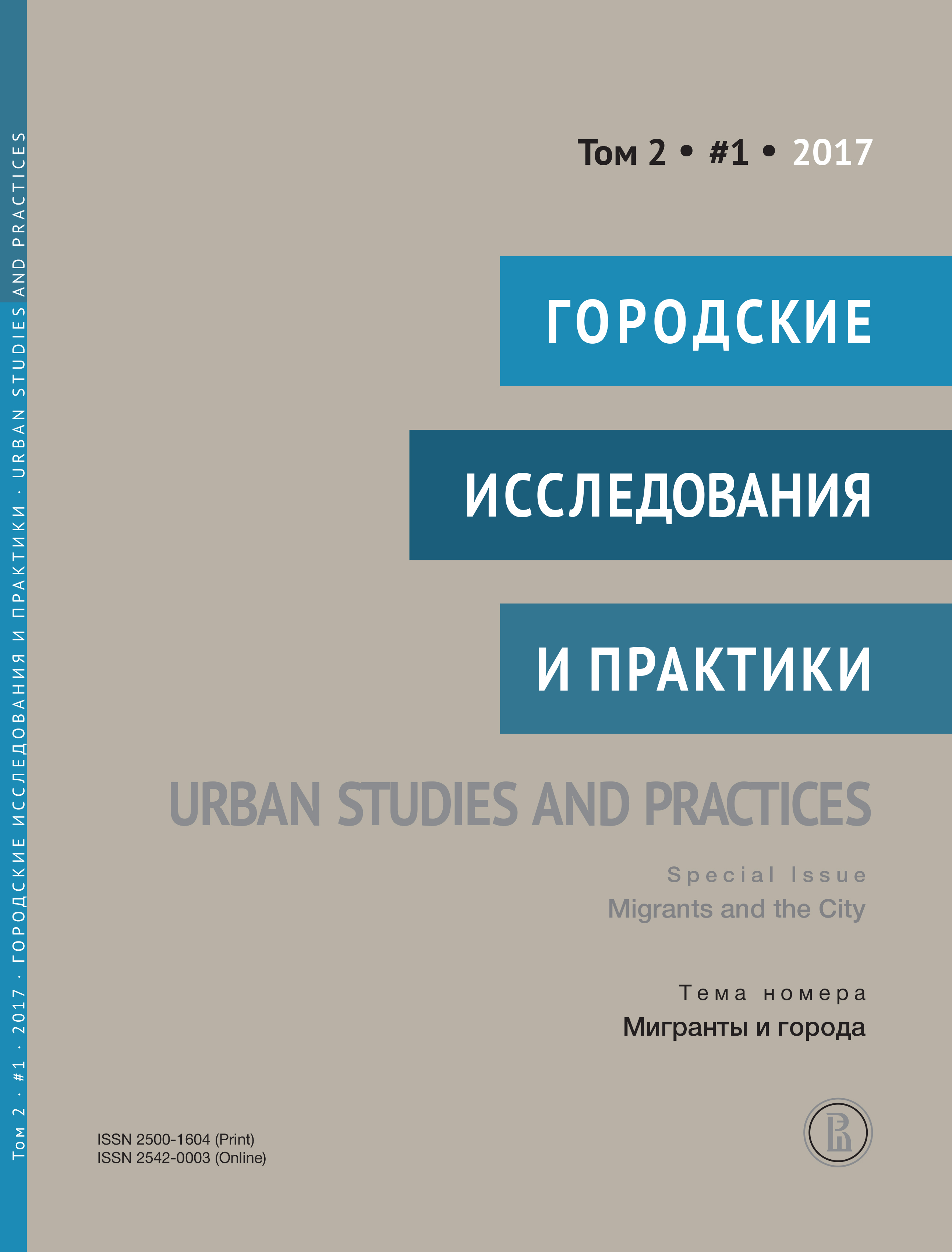Equally Despised, Equally Despising:
Bridging the Gap Between Religious Minorities in a City
Abstract
The growing number of Muslim immigrants in Moscow presents a significant challenge for intergroup relations in an urban context. Among Muscovites, Seventh-day Adventists as a religious minority appear to share a common prejudice against another minority: Muslim immigrants. This study seeks to determine factors that influence negative attitudes of these Adventists toward immigrants and to build a model for prejudice reduction.
The proposed model includes two dependent variables (social distance and prejudice), five moderating variables (symbolic threat, realistic threat, ethnocentrism, stereotypes, and intergroup anxiety), and three independent variables (intergroup contact, in-group identity, and spirituality). Data collected from sixteen churches and 394 respondents were analyzed using AMOS-17 and a structural equation modeling software package.
The study found that spirituality, realistic threat, and intergroup anxiety have a direct effect on prejudice and accounts for 72% of its variance. Realistic threat and prejudice have a direct effect on social distance and explain 41% of its variance. Further, the study found that spirituality, realistic threat, and stereotypes have a direct effect on intergroup anxiety and explain 31% of its variance. It was also found that realistic threat have a direct effect on stereotypes and explain 28% of its variance.
The findings of this study suggest a certain level of negative attitudes expressed by one religious minority toward another; it also suggests spirituality to be the primary means in reducing prejudice among the Seventh-day Adventists toward Muslim immigrants. This study has found realistic threat to have a more significant effect on attitudes of church members than symbolic threat. Likewise, the moderating effect of the emotional factor (intergroup anxiety) has a far greater influence on prejudice and social distance than that of the cognitive factor (stereotypes).
This study could be useful for intergroup-relations researchers, particularly those focusing on relations between religious minority groups. It can also be relevant for Christian leaders in order to educate their churches in cross-cultural communication and cultural diversity.

